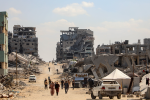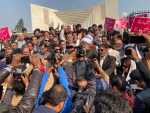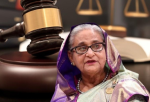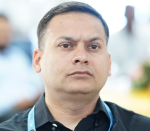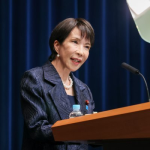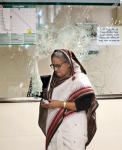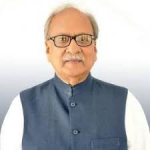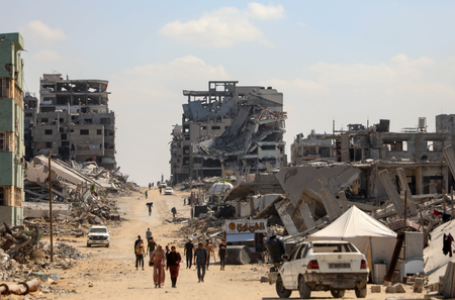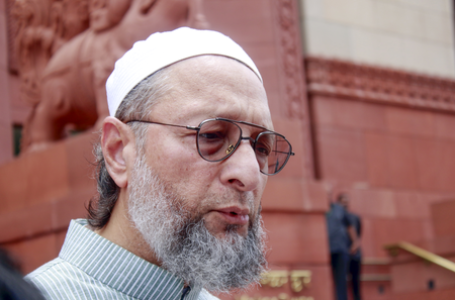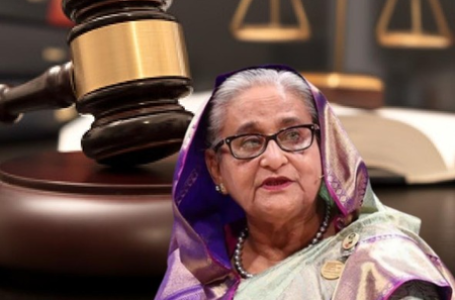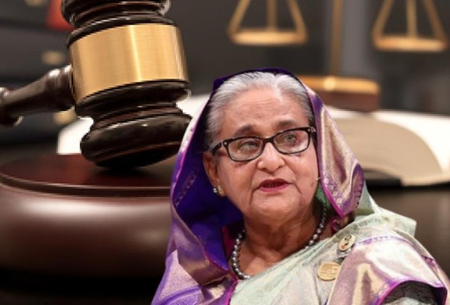
New Delhi: Why is it difficult for India to accept the verdict given by International Crimes Tribunal of Bangladesh against former Prime Minister Sheikh Hasina?
Legal experts have pointed out some fundamental flaws within the judgement. The way the trial was conducted and continued to its apparently inevitable conclusion clearly points to a travesty of justice.
The International Crimes Tribunal-Bangladesh (ICT-B) was instituted based on the International Crimes (Tribunals) Act of 1973. The Act of 1973 and amendments to it in 2008 were specifically intended to address crimes of genocide committed during the Bangladesh Liberation War of 1971.
Amendments to the scope of ICT-B 1973 made after August 5, 2024, were done through an Ordinance. This is invalid ab-initio as the duly appointed executive was not operative and the country’s Parliament had not approved it. The Bangladesh President is not empowered to issue the ordinance (Art 93) as the dissolution of the Parliament was not as per accepted procedure. Eminent Indian legal expert Abhishek Manu Singhvi questioned the verdict and demanded that the Indian government stand by Sheikh Hasina.
According to Singhvi, the most important flaw was in the appointment of judges for the Tribunal. On August 10, 2024, the Chief Justice and five other judges of the Appellate Division of the Bangladesh Supreme Court were served an “ultimatum” by a student mob surrounding the Supreme Court and physically forced to resign.
The present three judges in the ICT-B were appointed in violation of Constitution. The Chairman of ICT, Golam Murtoza Majumder, a retired district court judge, was appointed as a High Court judge just six days before the announcement that the ICT would examine all cases related to Sheikh Hasina’s actions.
The second appointee, Mohitul Haque Mohammad Enam Chowdhury is a retired District and Sessions Judge and the third a lawyer, Shafiul Alam Mahmud, who like Majumdar, was appointed a few days earlier as a High Court judge.
These men were made permanent judges in violation of Article 98 of the Bangladesh Constitution. This Article mandates a two-year period of satisfactory performance as additional judges before their elevation as permanent judge. Overall, 22 judges favoured by the Jamaat-i-Islami (JIM) were made permanent within a year of service. None of the designated judges have prior experience in applying international legal principles, a gap that is significant in trials involving Crimes Against Humanity.
Shafiul Alam Mahmud has links to the Bangladesh Nationalist Party (BNP). In 2019, he was elected a member of Supreme Court Bar Association on a BNP ticket and has been an active member of the Bangladesh Nationalist Lawyers Forum. The appointment of a political party member as an ICT judge raised immediate questions of bias.
The appointment of Mohammad Tajul Islam as the Chief Prosecutor of the International Crimes Tribunal (ICT) also raised serious questions of prosecutorial neutrality. He was earlier the chief lawyer for war criminals in trials before the ICT and appears to have been appointed by the Jamaat purely for retribution.
The appointment of Toby Cadman as Special Adviser to the Chief Prosecutor of the Bangladesh ICT is similarly flawed. He was the lawyer for Jamaat in the trials conducted against them by the Awami League government, raising issues of a conflict of interest and a vindictive mindset from the outset.
On November 18, 2024, although the cases instituted against Sheikh Hasina were serious and related to genocide and crimes against humanity, the ICT ordered completion of the probe into Hasina and 45 others within a month’s time, leading to suspicion that the charges and verdict had already been pre-determined.
Sheikh Hasina has maintained that she was denied the opportunity to have lawyers of her choice to defend her in the case. The State appointed defence lawyer Mohammad Amir Hossain to represent Hasina and former Home Minister Asaduzzaman Khan Kamal. Hossain has no prior experience with International Criminal Law. He is quoted as saying, “I did not attempt to (communicate with Sheikh Hasina). There is no provision allowing such an attempt. They also did not try to contact me, nor did they provide any form of assistance. Even if there had been some implicit support, it would have benefited me — but nobody did anything. There is no legal provision either.”
These are among many lapses in the procedure, and judgement, making it very difficult for the Indian establishment to accept the verdict.
INDIA NEWS STREAM



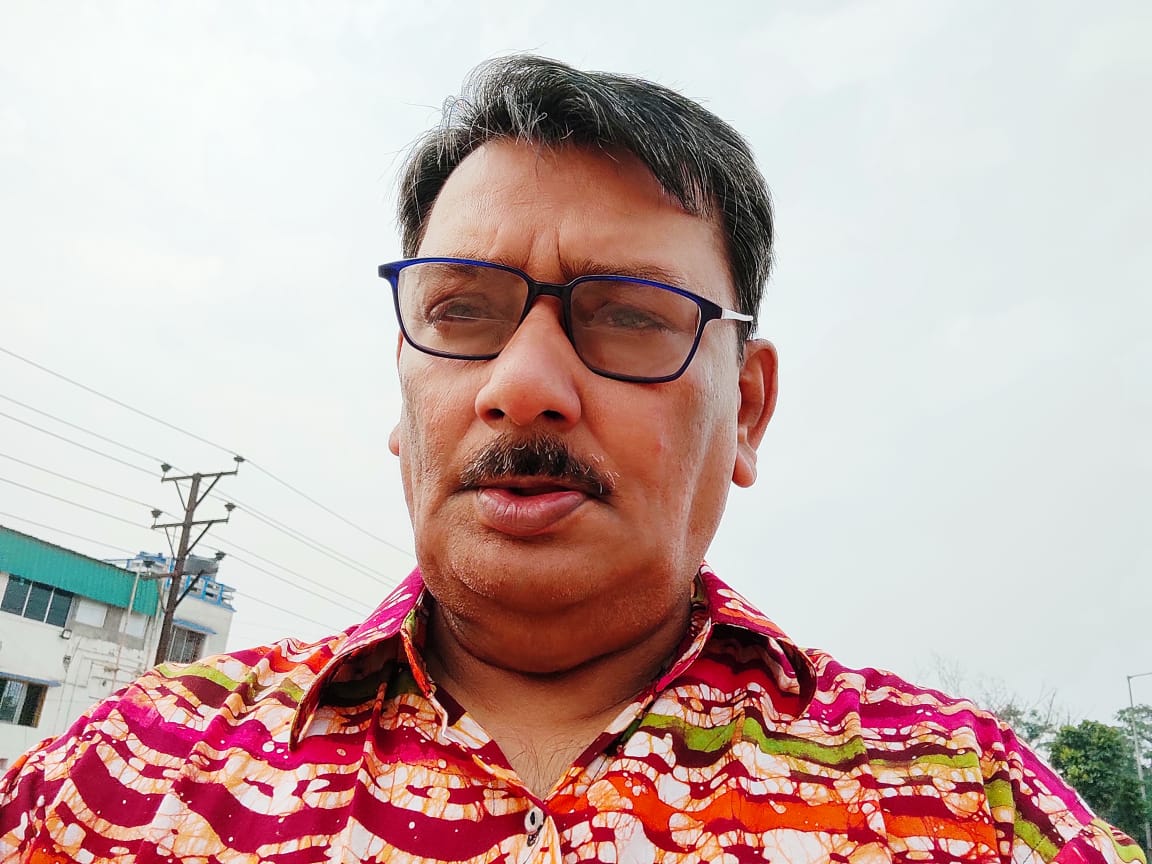 by GAUTAM LAHIRI
by GAUTAM LAHIRI
